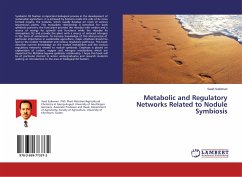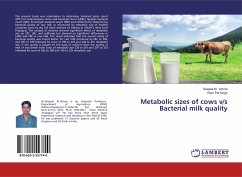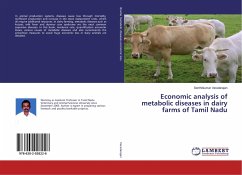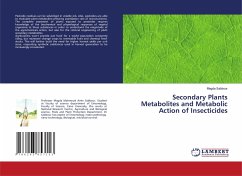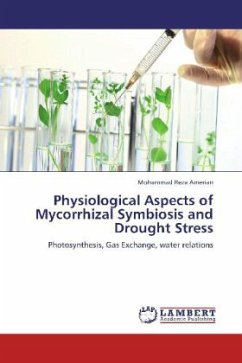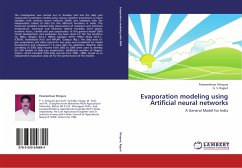Symbiotic N2 fixation is important biological process in the development of sustainable agriculture. It is achieved by bacteria inside the cells of de novo formed organs, the nodules, which usually develop on roots of various leguminous plants. This mutualistic relationship is beneficial for both symbiotic partners; the host plant provides the rhizobia with carbon and a source of energy for growth and functions while the rhizobia fix atmospheric N2 and provide the plant with a source of reduced nitrogen in the form of ammonium. To increase knowledge of this vital process of particular importance in sustainable agriculture, major emphasis should be laid on the nodule metabolism and various regulatory pathways. This book describes current knowledge on the nodule metabolism and the various regulatory networks related to nodule symbiosis. Emphasis is placed on explanation of carbon, oxygen and nitrogen metabolisms which are important for Rhizobia-legume symbiotic relationship. I hopethis book will be of particular interest to senior undergraduates and research students seeking an introduction to the area of biological N2 fixation.
Bitte wählen Sie Ihr Anliegen aus.
Rechnungen
Retourenschein anfordern
Bestellstatus
Storno

